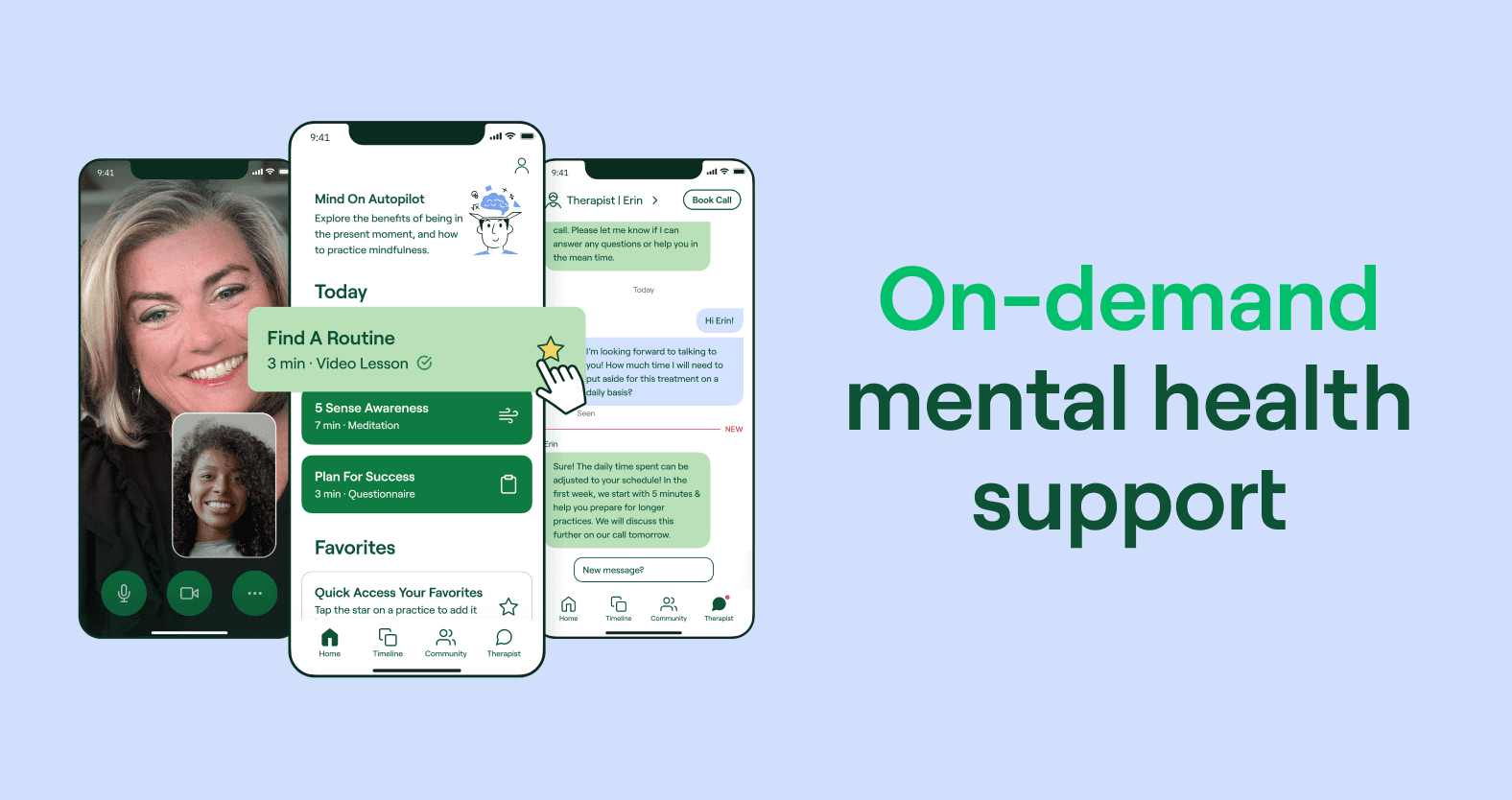Back to blog
Science & research
Meru Health publishes a randomized controlled trial showing significant impact on depression, anxiety, and insomnia
Our newest randomized controlled trial in collaboration with Stanford University, Harvard University, and the University of Louisville, published in the Journal of Affective Disorders, confirms the utility of therapist-supported holistic digital mental health interventions in reducing depression and anxiety symptoms, insomnia, and associated health burdens.
This study adds to Meru Health’s evidence base of over 13 scientific studies showcasing the clinical efficacy, feasibility, and safety of its mental health interventions.
“I’m really excited about this publication, as a randomized controlled trial is the gold standard for clinical effectiveness research. This has been a great collaboration with our research partners from Stanford, Harvard, and University of Louisville,” said Kristian Ranta, founder and CEO of Meru Health.
He adds, “Holistic interventions like the Meru Health program help increase access to effective mental health care for people wherever and whenever they need it most.”
Key findings include:
The Meru Health program showed a greater reduction in depression symptoms (with a strong Cohen effect size of -0.8) compared to the waitlist control.
A significantly larger proportion of participants in the Meru Health program group (39.1%) reported a minimal clinically important difference (MCID) in depression symptoms compared to participants in the waitlist control group (9.8%).
Additional outcomes demonstrated that the Meru Health program yielded larger decreases in anxiety symptoms as well as insomnia and greater improvements in quality of life and resilience compared to the waitlist control.
The results are based on a study of 100 participants, with 50 patients randomly assigned to the 12-week Meru Health program and 50 assigned to the waitlist control group. The study included participants over the age of 18 with elevated depression symptoms (above a 10 on the PHQ-9). Participants were excluded if they screened positive for psychotic disorder, bipolar disorder, current substance abuse disorder, or suicidal ideation with intent to act. All measures examined in this study were collected at randomization and again at 6 weeks and 12 weeks.
This study shows that therapist-supported holistic digital interventions like Meru Health can reduce symptoms of depression. Effective digital solutions can help alleviate structural barriers to accessing timely mental health care.



